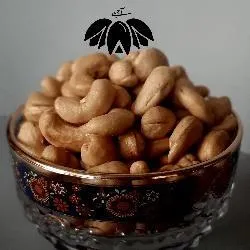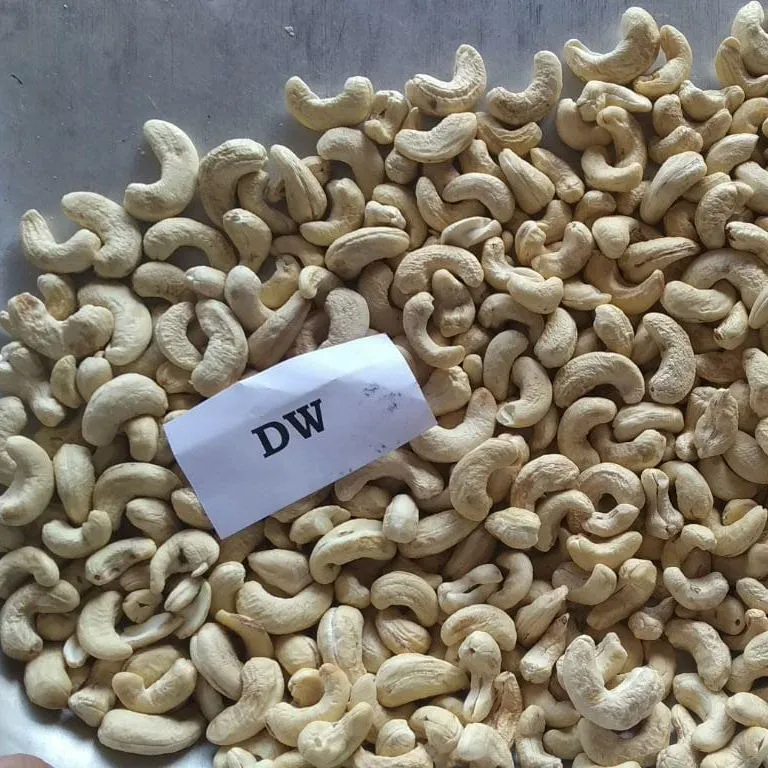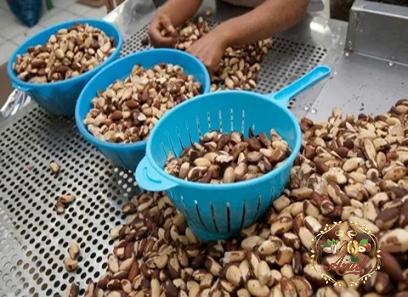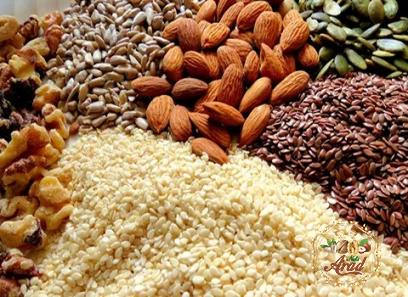The cashew market has experienced significant growth over the years, driven by various factors such as increasing consumer demand for healthy and plant-based snacks. This versatile nut has become a staple in many households and the food industry, presenting both advantages and disadvantages for those involved. In this article, we will delve into the advantages and disadvantages of the cashew market, discuss how to make the most of this industry, and explore various ways to incorporate cashews into our diets.
Advantages of Cashew Market:
1. High Demand and Profit Potential:
The cashew market has witnessed a surge in demand due to its nutritional benefits, versatility, and taste. As such, investors and business owners in the industry have the potential to generate substantial profits from the sale of cashew-based products. Moreover, the global market for cashews continues to expand, providing businesses with numerous opportunities for growth.
2. Health Benefits:
Cashews offer a range of health benefits. They are packed with vitamins, minerals, and healthy fats, which support heart health, manage weight, improve brain function, and strengthen the immune system. Additionally, cashews are a good source of protein and fiber, making them a suitable snack for those seeking a nutritious alternative to unhealthy snacks.

3. Versatility:
Cashews are incredibly versatile. They can be enjoyed on their own, roasted, or used as an ingredient in a variety of dishes, both sweet and savory. They can be ground into nut butter, sprinkled on top of salads, or added to curries and stir-fries. Furthermore, cashew milk and cream have gained popularity as dairy alternatives, catering to the growing demand for plant-based products.
Disadvantages of Cashew Market:
1. Cost Considerations:
One of the major drawbacks of the cashew market is the high production costs associated with cultivating and processing cashews. Cashews are not only labor-intensive to harvest but also require specific climatic conditions to thrive. The limited areas suitable for cashew cultivation and the lengthy processing involved contribute to the higher cost of cashews compared to other nuts.
2. Competition and Quality Control:

As the cashew market continues to expand, competition among producers and suppliers intensifies. Ensuring consistent quality, taste, and texture becomes crucial to maintaining a competitive edge. Quality control measures throughout the supply chain, from harvesting to processing and packaging, are essential to meet consumer expectations and retain market share.
3. Environmental Impact:
Cashew cultivation is not without environmental consequences. Clearing land for cashew plantations can contribute to deforestation and habitat destruction, particularly in regions where land conversion is not adequately regulated. Additionally, improper waste management during processing can lead to pollution, affecting local ecosystems. Sustainable practices, including reforestation efforts and responsible waste management, are essential for minimizing the environmental impact of the cashew market.
How to Make the Most of the Cashew Market:
1. Invest in Research and Development:
To stay ahead in the cashew market, businesses must invest in research and development initiatives. This includes exploring new product formulations, improving processing techniques, and responding to emerging trends. Understanding consumer preferences and adapting to changing market dynamics is crucial for success in this industry.

2. Establish Strong Relationships:
Building strong relationships with suppliers, processors, and distributors is vital in the cashew market. Establishing direct links and ensuring transparent communication not only helps secure a reliable supply chain but also enables businesses to forge trusted partnerships. This fosters loyalty and enhances the overall efficiency of the business operations.
How to Use the Cashew Market:
1. Snacking:
Cashews make an excellent snack option due to their taste and nutritional profile. They can be enjoyed on their own or combined with other nuts and dried fruits to create a delicious and nutritious trail mix. Cashews can also be seasoned with a variety of spices and herbs to add an extra flavor dimension.
2. Culinary Applications:

In culinary applications, cashews can be ground into a creamy and flavorful cashew butter, used as a substitute for dairy in recipes, or added as a topping for various dishes. They can be used to thicken sauces, create vegan cheeses, and add a delightful crunch to salads and stir-fries. The creamy consistency of cashews makes them perfect for blending into smoothies or as a base for dairy-free ice cream and desserts.
The cashew market presents numerous advantages, including high demand, profit potential, health benefits, and versatility. However, it also comes with its set of challenges, such as cost considerations, competition, and environmental impact. By understanding the advantages and disadvantages of the cashew market and adopting practical strategies, businesses and consumers alike can make the most of this flourishing industry. Whether as a snack or a culinary ingredient, cashews offer a delicious and nutritious addition to our diets.









